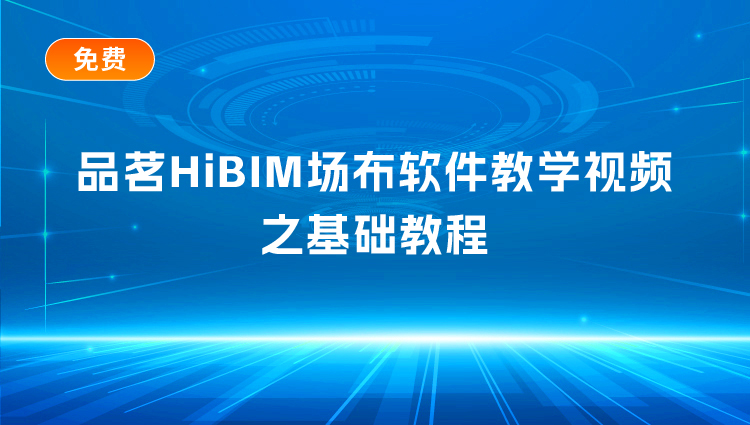* 主体类型
* 企业名称
* 信用代码
* 所在行业
* 企业规模
* 所在职位
* 姓名
* 所在行业
* 学历
* 工作性质
请先选择行业
您还可以选择以下福利:
行业福利,领完即止!

下载app免费领取会员



La Plancha公园 / Quesnel arquitectos + Muñoz Arquitectos
El Gran La Plancha Park / Quesnel arquitectos + Muñoz Arquitectos
由专筑网王沛儒,小R编译
本案位于墨西哥尤卡坦州梅里达市中心以东,梅里达是一座以丰富的文化、艺术和历史而闻名的城市。城市中心的广场和公园等地标性建筑都以殖民时期的建筑风格为主,1920年修建的梅里达火车站就是其中之一,当地人称其La Plancha,它是尤卡坦辉煌历史的见证,象征着赫内金的繁荣以及铁路对这片地区的变革性影响。
The project is located east of downtown Mérida in Yucatán, Mexico, a city renowned for its cultural, artistic, and historical richness. The city's heart is characterized by colonial architecture in urban landmarks such as its plazas and parks. An example of this is the intervention site, commonly referred to by the population as La Plancha, a Mérida Railway Station from 1920, which stands as a testament to Yucatán's glorious past, a reminder of the henequen boom, and the transformative impact of the railway in the region.



随着henequen产业的衰落以及新的运输和物流方式的兴起,车站及其附近的设施逐渐废弃,这些基础设施的废弃导致这个遗址逐渐没落,一个曾经充满活力的地标就此空置,并且缺乏安全性,它如同城市空间中的污点。本土植被覆盖了历史遗迹,让这片地区成了名副其实的铁路坟场。
With the decline of the henequen industry and the rise of new forms of transportation and logistics, the station and its adjacent facilities fell into disuse. The progressive abandonment of these infrastructures has led to the site's deterioration, transforming a once vibrant symbol into a vacant and perceived unsafe space, seen as a blot on the urban fabric. Its landscape is marked by endemic vegetation that has taken over the historical remnants, turning the area into a veritable railway graveyard.

梅里达火车站旧址的历史记忆及其现有的基础设施既是城市振兴的挑战,也是机遇。本案采用多种设计手法,目的是把这里改造成具有可持续特征和城市复原力的典范,利用其位于城市东部的战略位置,整合和构建一个融入城市肌理的公共空间。
The historical memory of the former Mérida railway station site and its existing infrastructure represents both a challenge and an opportunity for urban revitalization. With an integrated approach, the proposal aims to transform the area into an example of sustainability and urban resilience, leveraging its strategic location to the east of the city to consolidate and structure a public space integrated into the urban fabric.


本案在设计和运营都以环境可持续性为指导,着重保护生物多样性,开展有效的资源管理。每一项决策都旨在保护和恢复这里独特的自然环境,本案的设计力求与周边的历史街区和谐相融,加强社区的认同感和文化传承感。
Designed with a commitment to environmental sustainability that guides every aspect of the park's design and operation, the project focuses on conserving biopersity and efficient resource management. Each decision aims to preserve and restore the region's unique natural environment. The design of the metropolitan park seeks to harmoniously integrate with the nearby historic neighborhoods harmoniously, reflecting a sense of identity and cultural heritage.


本案通过包容民主的各种社会服务,来促进人们之间的互动,加强社区凝聚力,建筑师采用 “The Power of 10”的概念,设想 10 个或更多活动点来规划这些公共活动,吸引不同的人群,让所有人都参与进来,让这个活动可以更长期地服务公众。
It promotes social interaction and community cohesion by offering inclusive, democratic economic, social, cultural, educational, and recreational services. The concept of "The Power of 10" is applied, which involves envisioning 10 or more destinations to guide the activity program of a public space, attracting a perse range of people and linking them with similar and complementary activities to create a medium—and long-term program.


本案与历史街区相连,旨在打造一个能体现自身认同感和文化遗产的大都市公园,和谐地融入城市肌理,提高社区凝聚力,包容且民主地提供各类社会活动服务,提高生活质量。
The project aims to create a metropolitan park connected to historic neighborhoods, reflecting a sense of identity and cultural heritage. It aims to harmoniously integrate into the social fabric and community cohesion, providing inclusively and democratically economic, social, cultural, educational, and recreational services for the enjoyment of the population, contributing to an improved quality of life.












建筑师:Muñoz Arquitectos, Quesnel arquitectos
类型:公园
面积:20000 平方米
年份:2023年
摄影:Cesar Belio
制造商:ESCOFET ESCOFET
首席建筑师:Javier Muñoz Menéndez, Carlos Quesnel Moguel
景观设计:Maat Handasa
照明:333 Luxes
城市设计:DIALOG
城市:梅里达
国家:墨西哥
PARK
MÉRIDA, MEXICO
Architects: Muñoz Arquitectos, Quesnel arquitectos
Area: 20000 m²
Year: 2023
Photographs:Cesar Belio
Manufacturers: ESCOFET
Lead Architects: Javier Muñoz Menéndez, Carlos Quesnel Moguel
Landscape: Maat Handasa
Lighting: 333 Luxes
Urban Design: DIALOG
City: Mérida
Country: Mexico
本文版权归腿腿教学网及原创作者所有,未经授权,谢绝转载。

上一篇:BIM建筑|上海格林新蕾市北幼儿园:树洞中的造梦空间 / 华建集团—刘海洋团队







































